Free Tropical Runtz seeds on orders over $150!
White flies on cannabis, particularly white flies during flowering, can be one of the most destructive bugs on cannabis.
One of the most common pests that assault cannabis plants is whiteflies. They have the potential to become your greatest nightmare unless you take immediate action and fight them off with everything you have. Despite its devastation, this plague is relatively easy to recognize. Cannabis plants are terrified of them since they feed on their sap and transmit plant infections that they seem not to be capable of fighting due to a lack of vigor caused by having all of their liquids sucked away. As a result, keep an eye out for any possible signs of infestation:
The following are some of the significant factors that contribute to a whitefly outbreak:
When used to cure flowering cannabis plants, neem oil will leave an unpleasant taste/odor on the buds, therefore don’t let this stuff come near your buds! There is also evidence that Neem oil may be toxic to humans, so use it with caution! Neem oil is an all-natural medicine that is extremely powerful against a wide range of bugs and mildew. Because neem oil and water can quickly separate, you need a mister to spray all leaves evenly.
To eliminate whiteflies on your cannabis plants, use insecticidal soap. This natural insecticide kills on contact and is made with all-natural substances such as potassium salts and fatty acids from plants. It works on other insects and is an excellent tool to have in your armory against practically any intruder in your cannabis garden. Spray the underside of your eaves to kill any whiteflies without damaging your plants.
Essentria PRO Insecticide is a blend of organic and non-toxic horticultural oils. It is frequently marketed as a “bed bug killer,” however, when applied to plants regularly, it can be helpful against whiteflies.
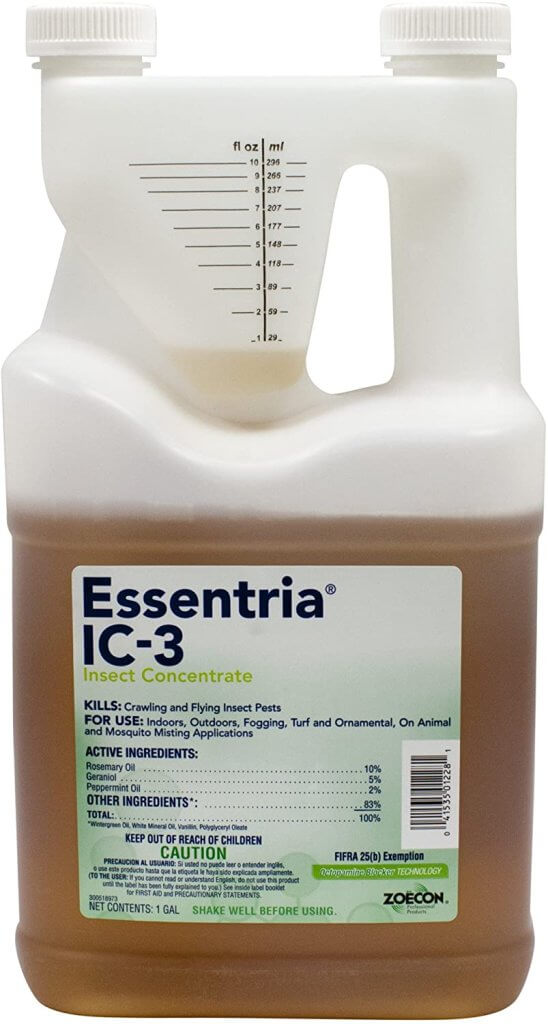
Unfortunately, it is only effective for around 8 hours on the plant, so you need to apply it daily or combine it with other solutions. To evenly spray all of the leaves, you’ll need a mister.
Spinosad products are entirely safe for pets, children, and plants. They can be used directly to kill whiteflies on contact. Spinosad should be sprayed abundantly anywhere aphids on cannabis are found, particularly under the leaves. Although it may not be as effective against pests as some of the harsher insecticides, it does work and is relatively safe for plants, animals, and humans! Spinosad is an organic pesticide derived from the fermentation of a specific soil bacteria (actinomycete Saccharopolyspora Spinosa). It kills whiteflies by affecting the insect’s nervous system. Spinosad is an excellent choice for organic and outdoor gardeners. It is highly poisonous to whiteflies but less hazardous to many valuable insects and spiders.
You can also launch a biological battle against whiteflies by importing natural predatory insects to eliminate the eggs, larvae, and adults. Wasps like Encarsia Formosa, for example, can efficiently stop this infestation. Every two weeks or so, introduce two or more people. Another lethal insect is Macrolophus Caliginosus, which may consume whiteflies at all stages.
It’s quite challenging to get rid of cannabis plants that are in the process of growing buds or have formed colas. Spraying your plants with flowers is a dangerous option because mold may emerge as a result. This will occur if the plants do not receive enough airflow to dry adequately, especially colas. You will also jeopardize the development of trichomes on your cannabis plants. Here are some solutions to help deal with whiteflies outside:
It is best to take safeguards before whiteflies appear to avoid any last-minute problems. Recommendations range from installing powerful fans to installing filters in every vent slot. This can keep insects from entering your grow room. Most farmers also like to use Neem oil as a natural, inexpensive, and effective repellant. You’ll need to mix it with water and spray your plants with the resulting solution every two weeks if you choose it. Make sure your grow room is also dust-free. Maintain as much cleanliness as possible, especially after cutting. And, as previously said, it is critical to maintaining temperatures low because whiteflies thrive in warmer conditions.
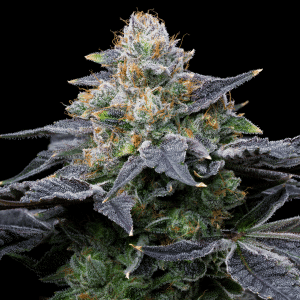
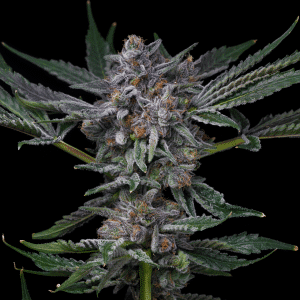
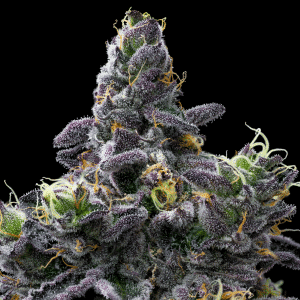
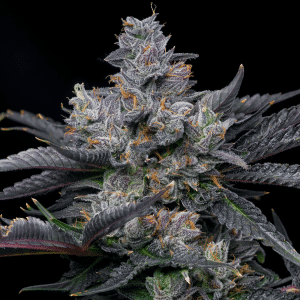
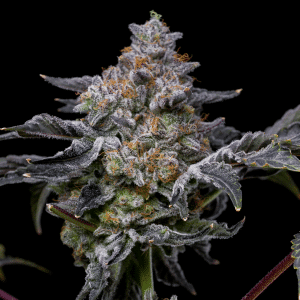
Offers
This product is not for use by or sale to persons under the age of 18. This product should be used only as directed on the label. It should not be used if you are pregnant or nursing. Consult with a physician before use if you have a serious medical condition or use prescription medications. A doctor’s advice should be sought before using any hemp products. All trademarks and copyrights are property of their respective owners and not affiliated with nor do they endorse this product. These statements have not been evaluated by the FDA. This product is not intended to diagnose, treat, cure or prevent any disease. By using this site you agree to follow the Privacy Policy and all Terms & Conditions printed on this site. All products contain less than 0.3% Cannabinoid-compliant with applicable Federal Laws. Please make yourself aware of any and all applicable laws regarding hemp in your jurisdiction. Premium Cultivars accepts no liability or responsibility regarding germination laws in any specific locale state or national jurisdictions.THCA products are not available for shipment to the following states: Hawaii, Idaho, Minnesota, Oregon, Rhode Island, Utah, Vermont *Note: Products with Total THC content above 0.3% must not be shipped to these states.
We want to help you get your hands on the seeds you want, take 20% off your next purchase when you enter your email below!
We want to help you get your hands on the seeds you want, take 20% off your next purchase when you enter your email below!